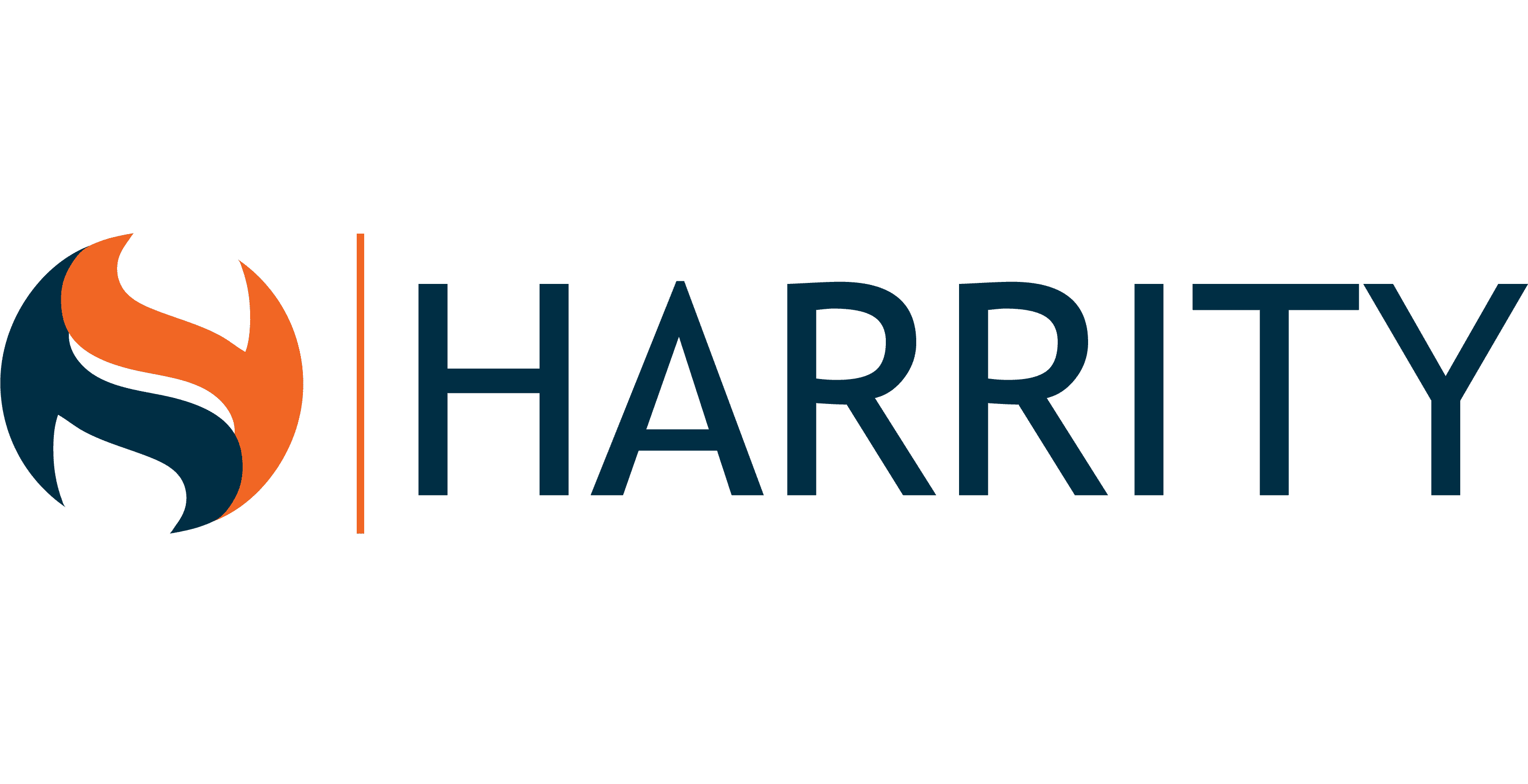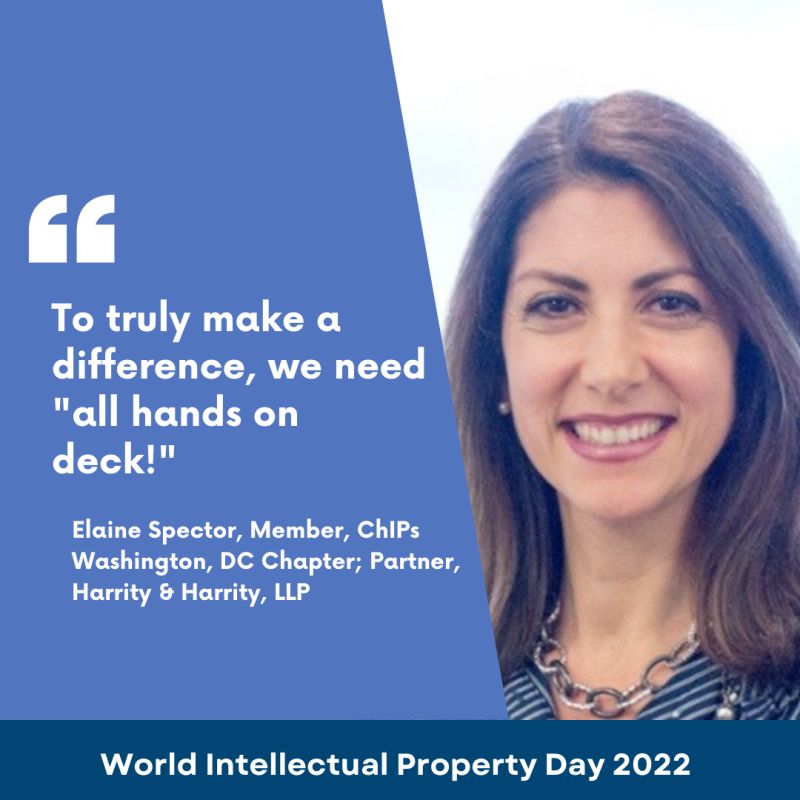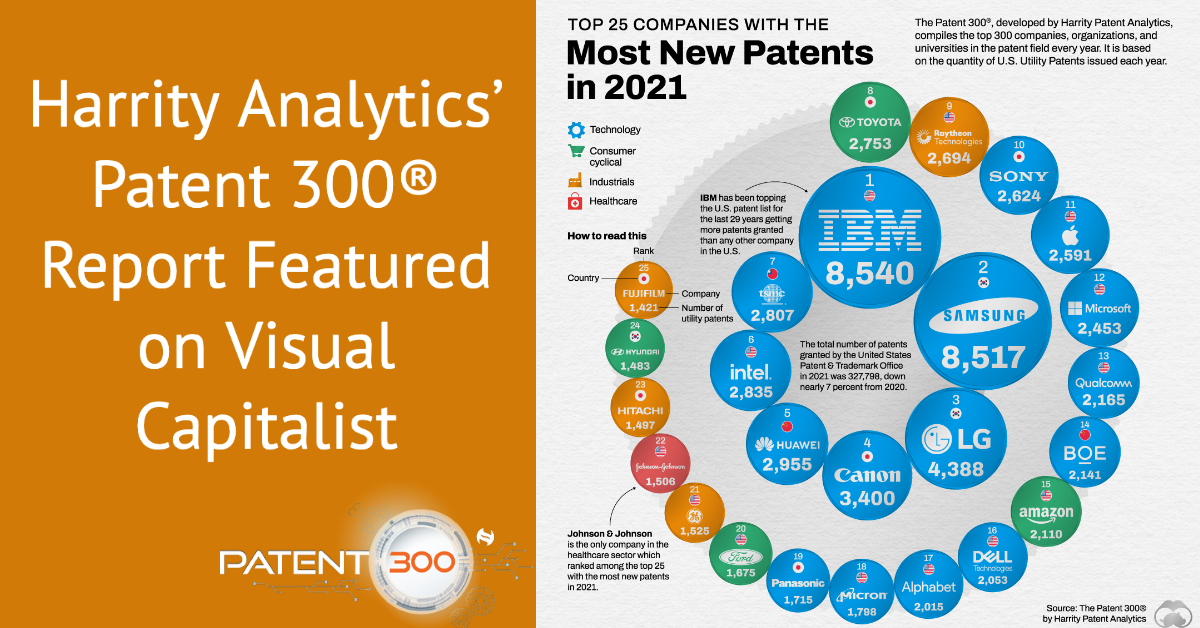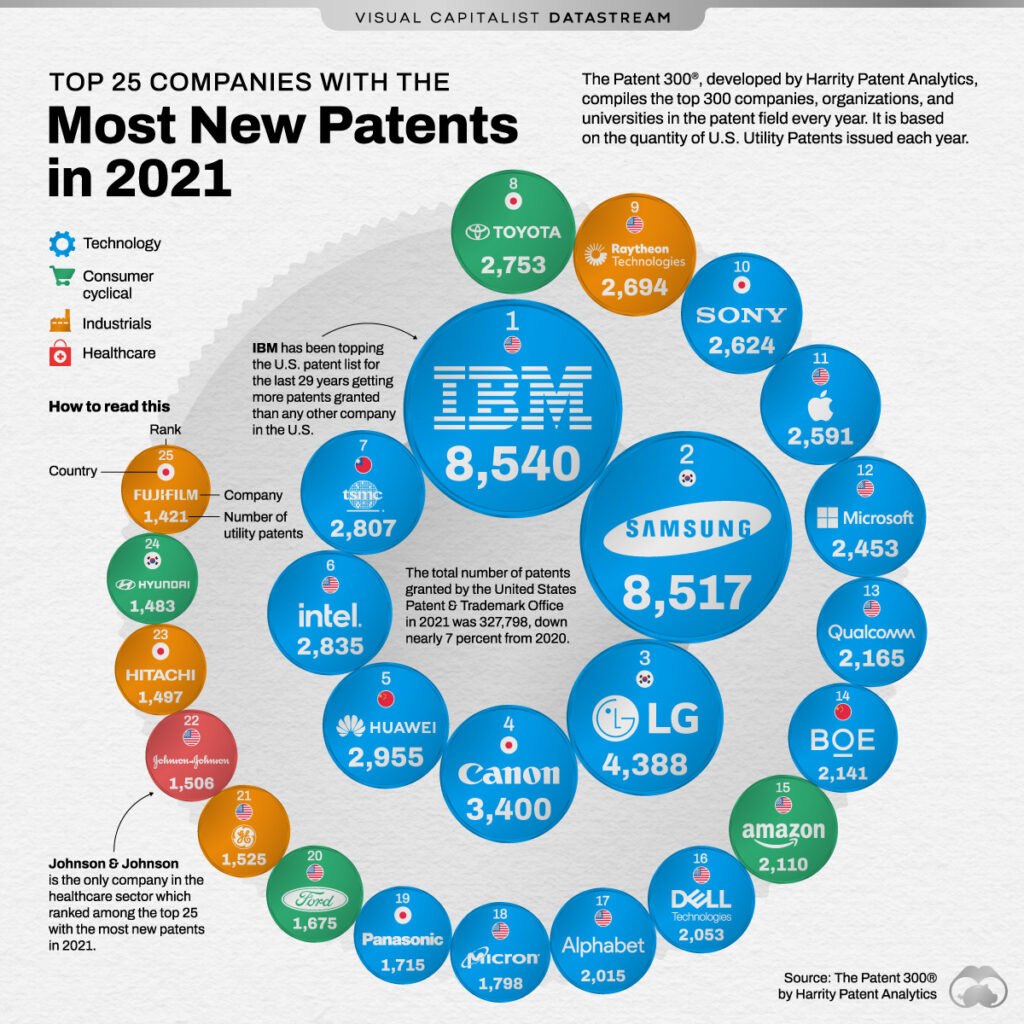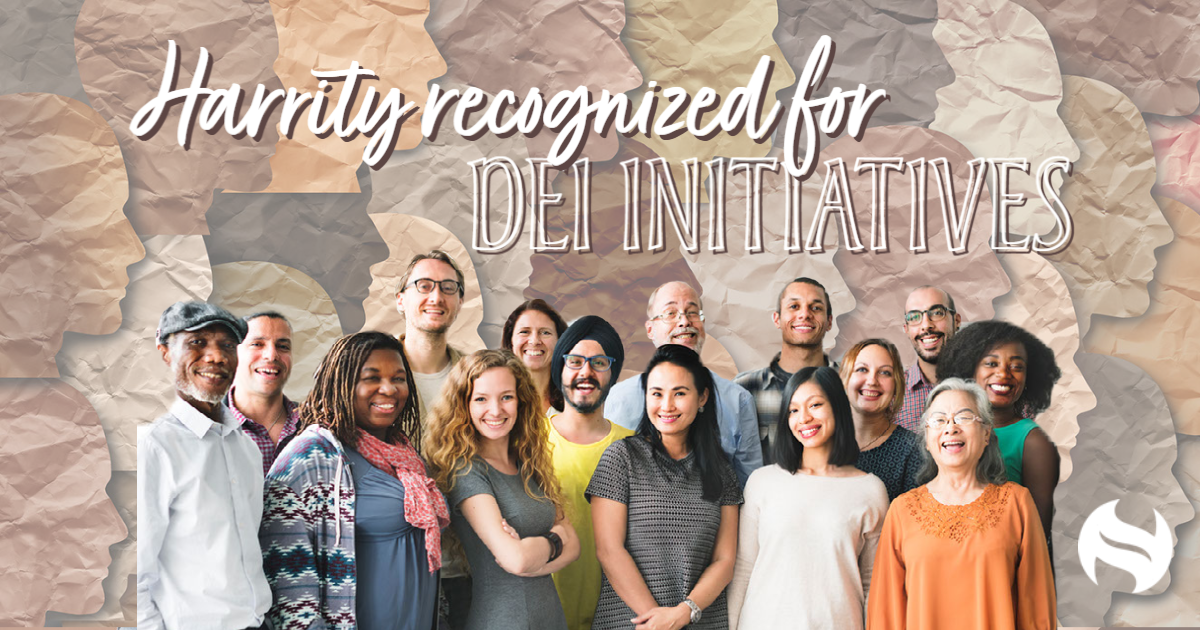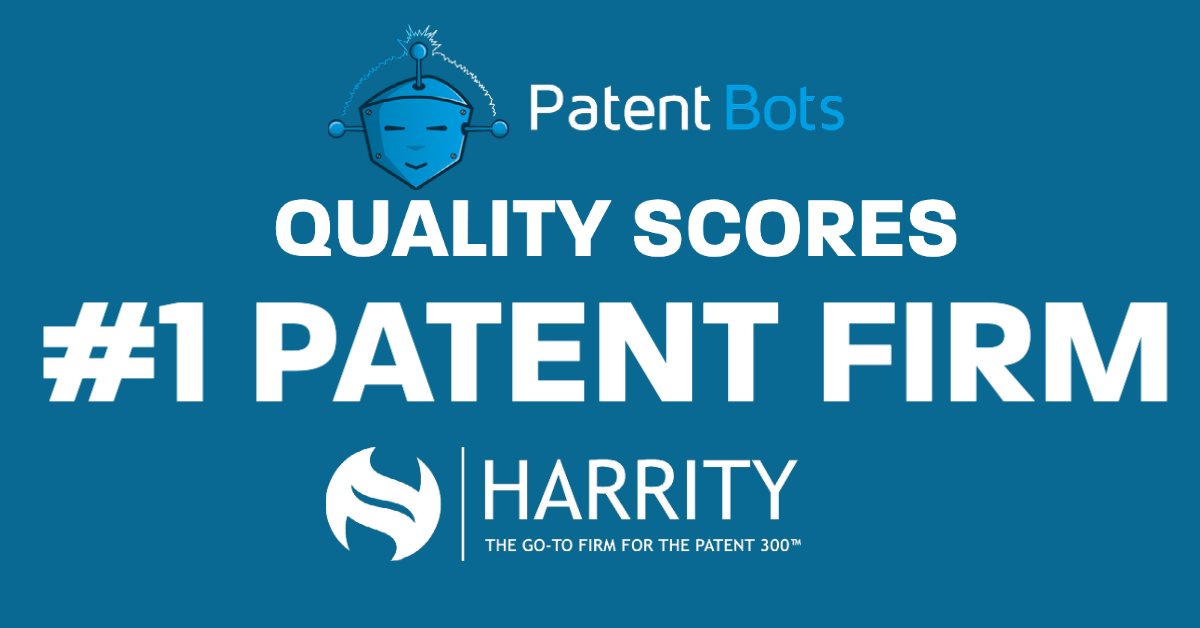Elaine Spector Featured in ChIPs for World IP Day
Harrity’s Elaine Spector was recently featured in a blog by ChIPs in celebration of World IP Day.
The organization shared what World IP Day means to their ChIPsters, and what needs to happen to make the theme of this year, IP and Youth: Innovating for a Better Future, a reality.
Elaine’s feature can be found below.
What are the opportunities to continue to increase access for young women inventors, creators, and entrepreneurs in intellectual property?
 “In recent years, we have learned through numerous studies that women are not showing up on patents in proportion to their representation in the workforce. And that’s a loss for all of us.
“In recent years, we have learned through numerous studies that women are not showing up on patents in proportion to their representation in the workforce. And that’s a loss for all of us.
In fact, the Hamilton Project found that bringing more women, Black Americans and other underrepresented groups into the innovation process could increase GDP by more than 4%. We all win when these groups are informed about our amazing patent system and given the amazing tools to become a part of the innovation ecosystem.
As such, it is important for us in the innovation ecosystem to reach back to young women to provide them with the information, tools, and resources to innovate, create, and protect their intellectual property. Consider hosting an outreach event to expose these young women to intellectual property, whether it be presenting through organizations like the Girls Scouts or Girls Who Code. To truly make a difference, we need “all hands on deck!”
Elaine Spector, Member, ChIPs Washington, DC Chapter, Partner, Harrity & Harrity, LLP
Click HERE to read the full article.
